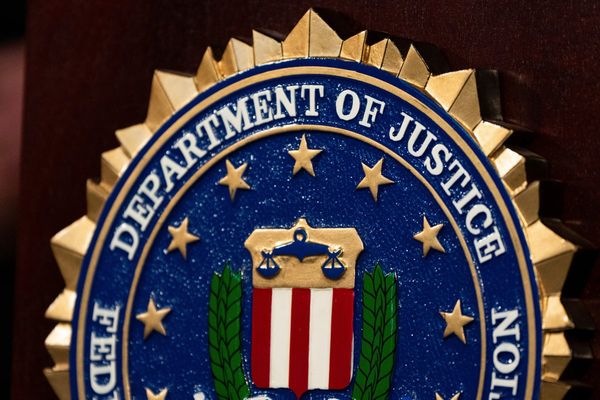
A row between Wes Streeting and pharmaceutical companies has intensified after drugmakers rejected the health secretary’s latest offer on NHS drug pricing.
The two sides failed to reach agreement by a midday deadline on Friday, meaning the mechanism under which the health service claws back some of the money it pays for medicines will continue at a rate the industry said was “unsustainable” and could ultimately disadvantage patients.
At the heart of the dispute is the voluntary scheme for branded medicines pricing, access and growth (VPAG), under which pharma companies agree the amount of revenues from drug sales to the NHS they have to pay back.
The two sides have been in acrimonious negotiations for months after the government raised the rate last December unexpectedly to almost 23% for 2025 for newer medicines.
It is understood that Streeting had made an ultimatum that if the industry did not accept his latest “generous” offer on pricing then the arrangement would continue unamended and on Friday that scenario came to pass.
According to the Financial Times, which first reported the health secretary’s letter to the APBI, his proposed offer included lower rebate rates in all future years of the scheme and an increase in the the price of new medicines and net spending on them.
The industry body, the Association of the British Pharmaceutical Industry (ABPI), said the stalemate could mean companies launch fewer medicines in the UK, which could ultimately disadvantage patients.
A government spokesperson said the clawback scheme “helps improve access to cutting-edge treatments for NHS patients while keeping the medicines bill sustainable for taxpayers”.
They said it was “regrettable” that the ABPI did not want to take the government’s proposals to a board vote, adding: “We have therefore determined that the interests of patients and the NHS are best served by concluding the review and continuing with the existing VPAG scheme unamended, while continuing to support the UK’s world-leading life sciences sector.”
The ABPI, which includes large drugs companies such as AstraZeneca, Pfizer and Roche, hit back, demanding “urgent action” from the government to address the issues affecting the sector.
It added that VPAG – which means drug companies are forced to pay between a quarter and a third of UK drug sales back to the NHS – was “undermining UK patient access to innovative medicines and the competitiveness of the UK life sciences industry”. Labour has identified life sciences as a key growth sector for the economy.
Richard Torbett, the chief executive of the ABPI, said: “We need to reach a solution that improves patient access to future innovation, allows the sector to fulfil its growth potential, and does not require industry to pay back nearly three times as much of its revenues as is required in other European countries.”
He added: “Without change, the UK will continue to fall down international league tables for research, investment, and patient access to medicines.”
The UK government’s latest offer had included lower rebate rates in all future years of the scheme, an average double-digit percentage increase in the price of new medicines to support wider patient access to a range of drugs, and a commitment to accelerating net spending on new medicines, with specific 10-year targets, according to people briefed on the contents.
Pharma companies have previously said the current 22.9% rebate, which marks a significant increase on the payment of about 5% of revenue paid in 2021 under a previous agreement, made “future UK investment … unlikely”.
Pascal Soriot, the chief executive of AstraZeneca, said earlier this year that the new rate had discouraged investment in Britain, but claimed it did not have anything to do with the company’s decision in January to pull the plug on a £450m investment in its vaccines plant at Speke in Merseyside.
The French pharma company Sanofi said the government’s proposal was “not good enough” and called on ministers to do more to “invest in innovation”. Johan Kahlström, the managing director of the drugmaker Novartis in UK and Ireland, said the lack of agreement between the sector and government was “a serious setback for UK patients, the NHS, and the life sciences sector”.
The NHS row comes as Donald Trump’s White House puts pressure on the industry internationally, threatening a crackdown on pharma firms unless they lower drug prices for Americans. In addition, the US president has vowed repeatedly to ramp up tariffs on imported drugs to sky-high levels, in an attempt to get companies to relocate production to the US.
Earlier in the week, Eli Lilly, the US manufacturer of the weight-loss jab Mounjaro, said it was increasing the UK price by up to 170%, taking a month’s supply of the highest dose from £122 to £330.







